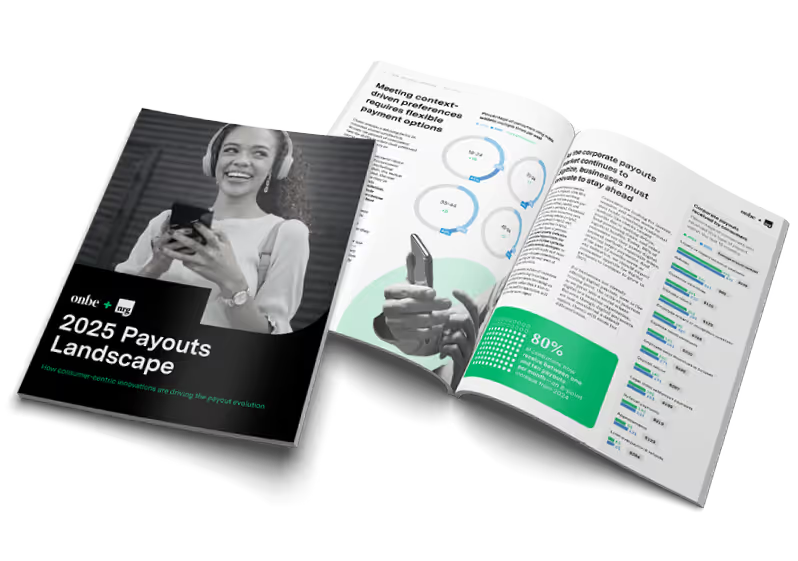Compliance as a Service (CaaS) is a business model in which one business hires another business to design, implement, consult on, and/or manage their compliance needs. It often involves purchasing licenses for compliance-focused software and tools. The CaaS business model makes it possible for a business to become and remain compliant with the regulations affecting them without needing to build and oversee their own in-house compliance solutions.
Compliance as a Service (CaaS) is a business model in which one business hires another business to design, implement, consult on, and/or manage their compliance needs. It often involves purchasing licenses for compliance-focused software and tools. The CaaS business model makes it possible for a business to become and remain compliant with the regulations affecting them without needing to build and oversee their own in-house compliance solutions.
Compliance as a Service (CaaS)
Frequently Asked Questions
CaaS can be leveraged in any industry that is heavily regulated. Examples include:
• Financial institutions
• Insurance
• Healthcare
• E-commerce and retail
Likewise, businesses that collect and store customer data, and are subject to data privacy regulations, often leverage CaaS solutions to meet the obligations of these laws. As social media becomes increasingly regulated with laws like the Online Safety Act in the UK, CaaS is likely to become more relevant.
CaaS is commonly used by businesses that must comply with the following regulations, among others:
• Bank Secrecy Act (BSA)
• California Consumer Privacy Act (CCPA)
• Children’s Online Privacy Protection Act (COPPA)
• Family Educational Rights and Privacy Act (FERPA)
• General Data Protection Regulation (GDPR)
• Health Insurance Portability & Accountability Act (HIPAA)
• INFORM Consumers Act
While the solutions offered by CaaS providers can vary substantially, they often include products or tools that can be used for:
• Transaction and activity monitoring
• Identity verification (KYC, CIP, etc.)
• Risk assessment
• Customer Due Diligence (CDD)
• Case management
• Fraud investigations
• Analytics and reporting
• PII storage
Need 4th Answer
Need 5th Answer






.png)
.png)